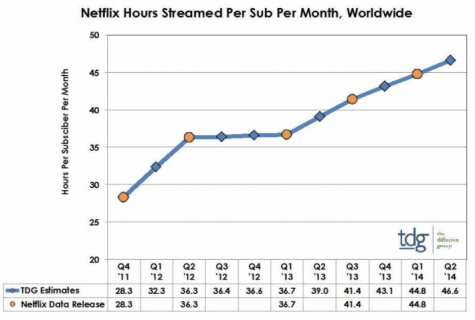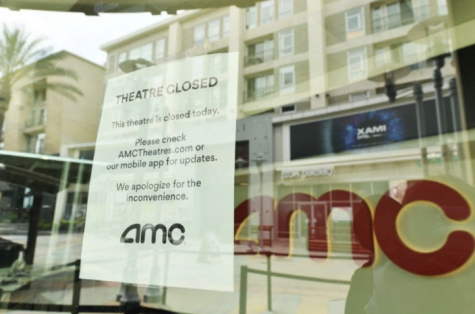Endangered Theaters!
December 14, 2021
The global economy continues to drop in response to the Covid-19 pandemic. Strict health standards, such as social distancing, have left certain entertainment industries frozen and companies stagnant. With businesses such as movie theaters relying heavily on their customers, their loss in revenue has done more harm than good.
In 2017, the US experienced the lowest movie theater attendance rates– the lowest it has been since 1992. Along with the coronavirus pandemic, movie theaters have started to lose popularity due to easy, accessible streaming websites, such as Netflix and Hulu, taking the lead of the media industry.
The ticket numbers tell us just that. According to Box Office Mojo, only 1.24 billion tickets were sold last year, meaning there was a 5.8% drop in tickets compared to the previous year. Even with increased ticket prices, domestic revenue also decreased by 2.7% (from $11.4 billion to $11.1 billion).

But one particular streaming site is increasing in clients: Netflix. Netflix is a subscription-based streaming and production company. With a diverse online film database, it offers a variety of films ranging from television series to movies.
Recently, the popular streaming service announced its milestone of a whopping 15.8 million subscribers. With all the movies and TV shows at the tip of your finger, individuals have started skipping out on movie theaters and have stayed in more.
As group gatherings are banned in addition to accessibility, cinemas and theaters simply can’t compete. This sudden increase of new members further proves Netflix’s rising dominance as a threat in the entertainment and media industry1.

With movie theaters remaining closed due to COVID limitations as well, big studios have also begun postponing blockbusters, making people less interested in actually going to theaters. Netflix, on the other hand, doesn’t share this issue and has released new content to spark the interest of its subscribers.
Though other individual streaming sites, such as Disney+, HBO Max, are rolling out their own subscription-based streaming services, their earning portfolios aren’t projected to become major parts of the entertainment industry.
But over the next few months, theaters will not be able to combat Netflix’s accessible streaming library of countless movies and television series. What will the future of theaters be like with these accessible and seemingly efficient streaming services? Will movie theaters ever become as popular again?

________
1 Although Disney+ has gained 50 million subscribers since the launch of the service, Disney does not plan to earn profits from the venture despite its success.


